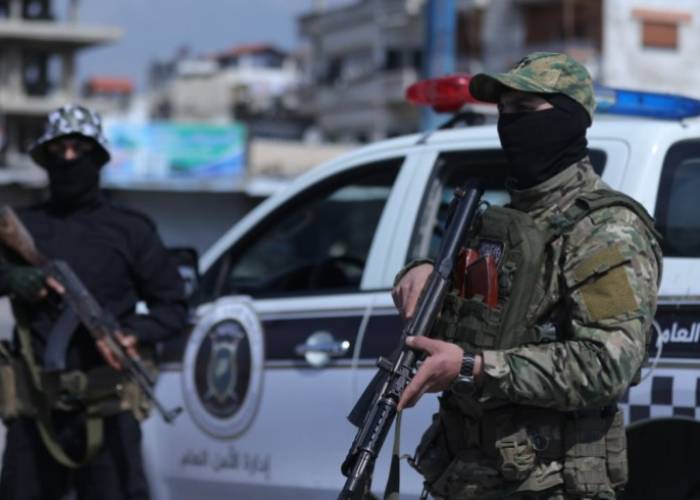Syria’s fragile post-conflict transition was shaken this week by a series of brutal armed attacks that left at least 13 civilians dead across Homs and Tartus provinces, prompting widespread concern over deteriorating security conditions and the return of politically or sectarian-motivated violence.
Horror in Homs: Family Massacred in Karm al-Zaytoun
In the Karm al-Zaytoun neighborhood of Homs, a family home became the site of a grisly massacre. Two gunmen stormed the residence and opened fire indiscriminately, killing a woman and her three children—members of the Alawite community—and seriously injuring the father. Two guests from the Sunni Bakaar family, who were visiting at the time, were also shot dead.
Local sources confirmed that a young girl was among the victims, and described the scene as one of chaos and devastation. The attack is being investigated by the General Security Directorate, but no clear motive has yet been announced.
The shocking incident has rekindled fears of sectarian tension in a city historically marked by cycles of violence and mistrust between communities.
Dual Killings in Talkalakh Spark Investigation, Arrests
Also in Homs province, the killings of two local security personnel—Habib al-Layli and Hatem Oweid—in the town of Talkalakh sparked further controversy. Initial reports claimed the two were shot by a local commander known as Abu Abbas during his personal leave, but eyewitnesses refuted this, stating the victims were unarmed at the time.
The forensic report revealed the victims were shot at point-blank range, raising serious questions about the nature of the killings. In response, Syrian authorities launched an investigation, detaining Abu Abbas and another commander known as Qasoura—a Lebanese national leading a rapid intervention unit—along with several other security officials.
Investigators found no evidence of crossfire or external attack, and bullet casings recovered at the scene are believed to match weapons issued to the same security unit. The case is now under legal review by judicial and religious committees from Idlib and Homs.
Bloodshed in Baniyas: Village Leader Among the Dead
In a separate attack in the coastal province of Tartus, four civilians were killed and two others wounded on the first day of Eid al-Fitr. The victims, including the mayor (mukhtar) of the village of Harf Banmaira, were targeted in an ambush by unidentified gunmen in rural Baniyas.
The victims were identified as Jawdat Fares (the village mukhtar), Ibrahim, Thaer, and Najdat Shahin. Two others—Somer and Mohammad Shahin—sustained injuries. While the assailants remain unidentified, local speculation points to remnants of the Assad regime possibly being involved in the attack, though no group has claimed responsibility.
Security forces quickly deployed throughout the village, but the attackers reportedly fled without confrontation.
Rising Fears and National Implications
These incidents, occurring just days after the formation of Syria’s new transitional government under President Ahmad al-Sharaa, underline the immense security challenges still facing the country. They also expose the fragile nature of social cohesion in areas long scarred by war, sectarianism, and mistrust of state institutions.
As the transitional government pledges to restore stability, the recent bloodshed may serve as a stark reminder that political change alone is not enough to prevent further violence—especially in regions still haunted by unresolved grievances and unaddressed power struggles.
This article was translated and edited by The Syrian Observer. The Syrian Observer has not verified the content of this story. Responsibility for the information and views set out in this article lies entirely with the author.


